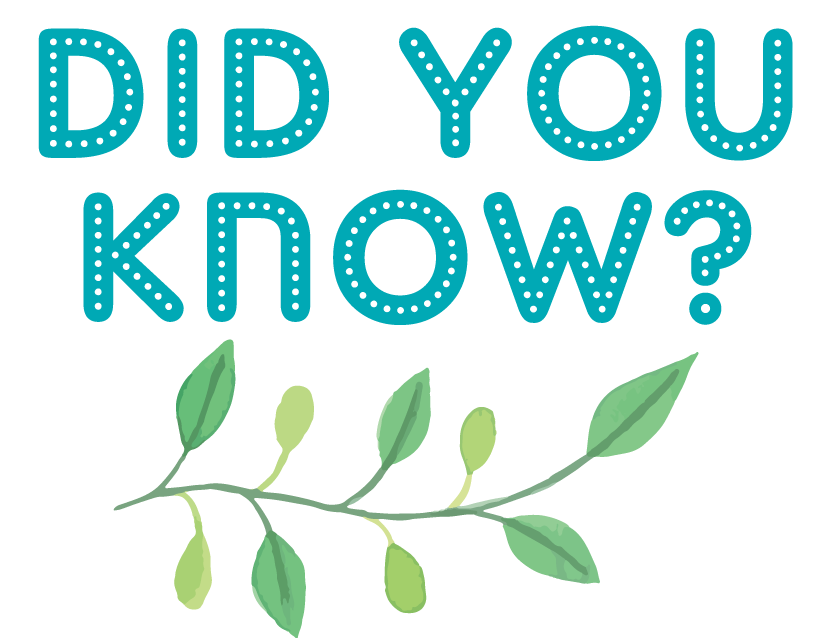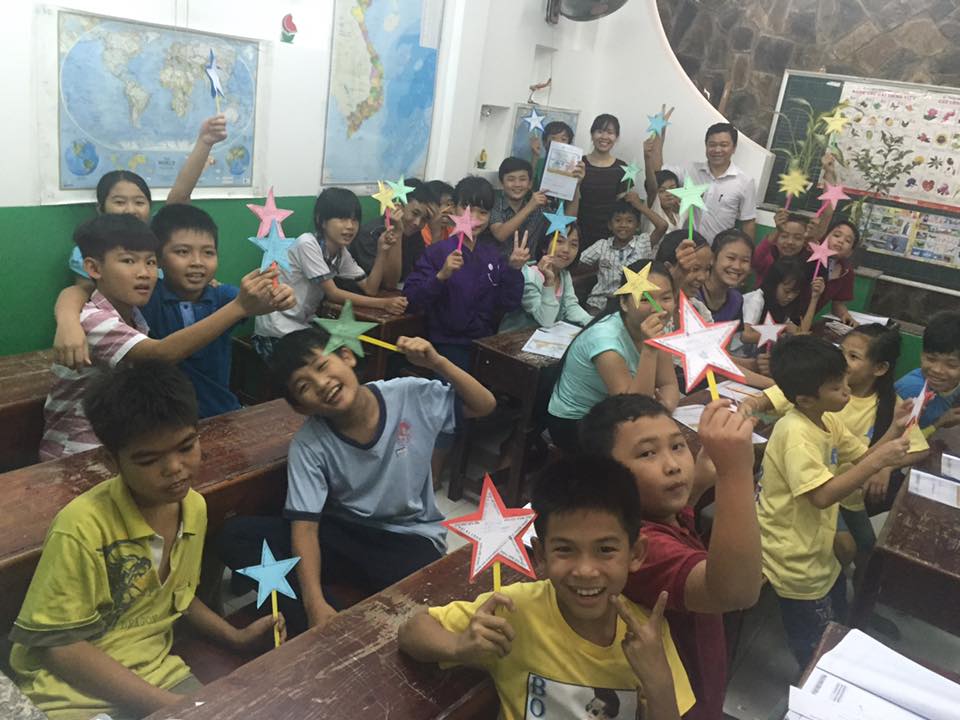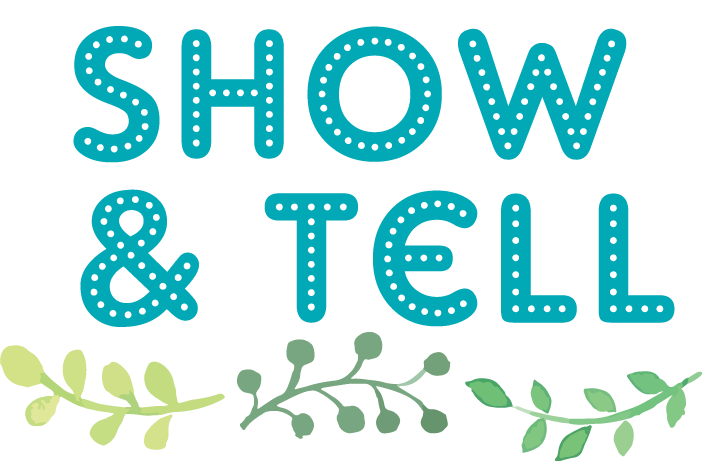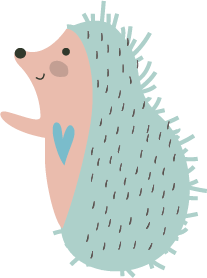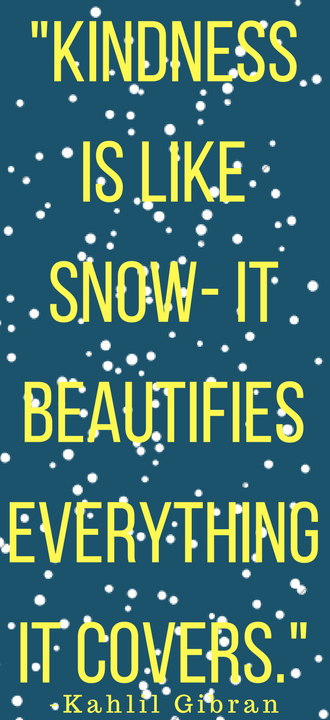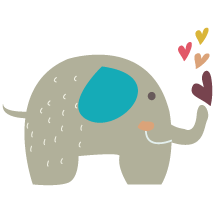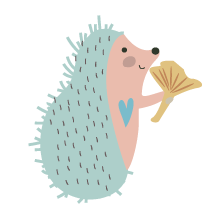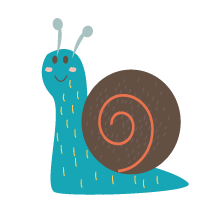
Being a kid has never been so stressful. With increased bullying, loneliness, and social pressures, we have to deliberately teach and model kindness in our families and communities. We hope our Pop-Up Mini-Box this month raises awareness for teaching kindness to you and the children in your circle.
Research from Emory University finds that when you are kind to another person your brain’s reward and pleasure centers light up as if you were the recipient of the good deed, rather than the giver?
Kitchen Table Question:
“How does it make you feel to do something nice for someone?”
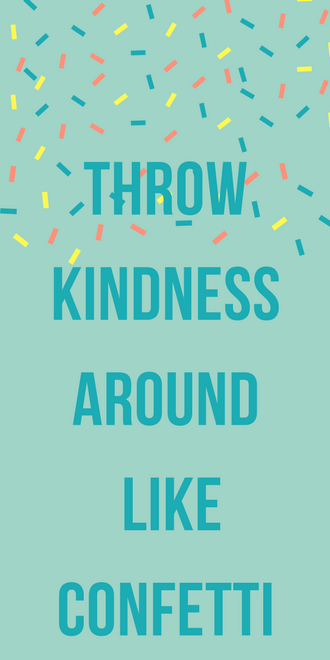
R. J. Palacio
Each month we will be featuring the story of a past POP-Up Festival host. Meet Huong Thai Vu, a superstar POP-UP Festival host from last year.
Where did you hold your POP-UP Festivals? A community school for underprivileged children and a shelter for HIV-infected children in Ho Chi Minh City, Vietnam
How many children attended your POP-UP Festival(s)? 30 5th graders at the Community School and 15 6th, 7th, and 8th graders at the Shelter
What one emotion describes your POP-UP Festival? Inspired

Mini POP-UPs
Activities to try now
Map
Volunteers & Partners
Media
Spread the Word!
Partners
Become a Partner

